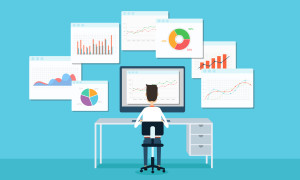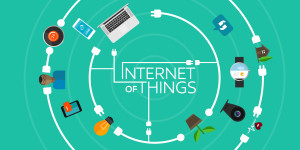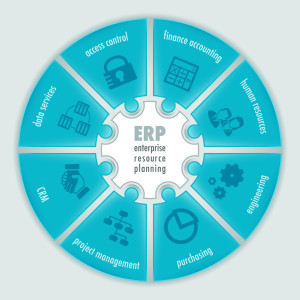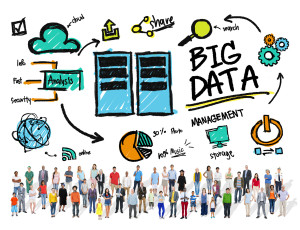 In the industry of big data, there are many moving parts that are working together to provide businesses with an easier method to track their company operations. As we get deeper into the culture of interconnectivity, the value of having readable, statistical data rises to the top of an executive’s needs.
In the industry of big data, there are many moving parts that are working together to provide businesses with an easier method to track their company operations. As we get deeper into the culture of interconnectivity, the value of having readable, statistical data rises to the top of an executive’s needs.
And these brand new ideas are popping up every day. To help you keep track of the latest updates in the data collection industry, we’ve outlined the latest big data trends that seem to be gaining the most traction as of late.
Analytics Are on the Rise
What’s a successful business without proper planning, anyway? By being able to read your data with a convenient big data tool, you’re improving your chances to make the right business choices that grow your earnings. Often times, it’s not the data itself that makes the difference in how you approach tough decisions, but rather how it’s presented.
With the help of today’s technology, ERP systems and business intelligence tools alike are presenting your company data in ways that are easy to visualize and digest. By using these tools more often, businesses can expect easier, more efficient forecasting with the ability to properly analyze the recent months of transactions.
Cloud Capability
As you may already be aware, data storage in the cloud is becoming increasingly popular due to how easy it is to use. By being able to connect to your information from any device with internet access to reducing your need to have a physical storage room for your many clients, cloud technology has really taken off as an inevitable trend for the future.
In fact, for the next three years, public cloud usage is predicted to grow 44% whereas the usage of on-premise computing workloads is expected to only grow 8.9%.
Plus, the number of data analytic tools in the cloud are on the rise. With major names like Amazon entering the market, it’s only a matter of time before more big names offer widely-accessible tools to store your information.
So with the future of this wireless technology looking promising and its perks being inevitable for small and medium-sized businesses, it can be expected that this type of data storage is here to stay for the longterm.
IoT (Internet of Things)
The progression of business and personal technology has brought us, as a society, to the IoT — the Internet of Things. This concept is practically the symbiotic relationship between all devices from your computers to the tools your IT team uses to your POS system.
The relationship they all have with one another is something that we can expect to be enhanced in the near future. It’s being done already. For instance, If you have a computer that can wirelessly send a message to your printer, then this, on a small scale, is what we can expect among more devices.
 What’s the benefit? The rise of IoT can lead to less human interaction with the devices we use in the workplace. From ordering and restocking your storage room when inventory gets low to changing business practices once sales slow down, the Internet of Things allows the technology around you to run on auto-pilot while you can focus on running your business and managing more difficult tasks.
What’s the benefit? The rise of IoT can lead to less human interaction with the devices we use in the workplace. From ordering and restocking your storage room when inventory gets low to changing business practices once sales slow down, the Internet of Things allows the technology around you to run on auto-pilot while you can focus on running your business and managing more difficult tasks.
While new trends come to light and become popular in the business world, running your company will eventually become easier and require less work done physically in the office.
As one of the premier business intelligence providers, our team takes pride in helping executives achieve their data collection, analysis and visualization goals — no matter their current technology. For more on how we can improve your big data goals, contact one of our representatives today!



